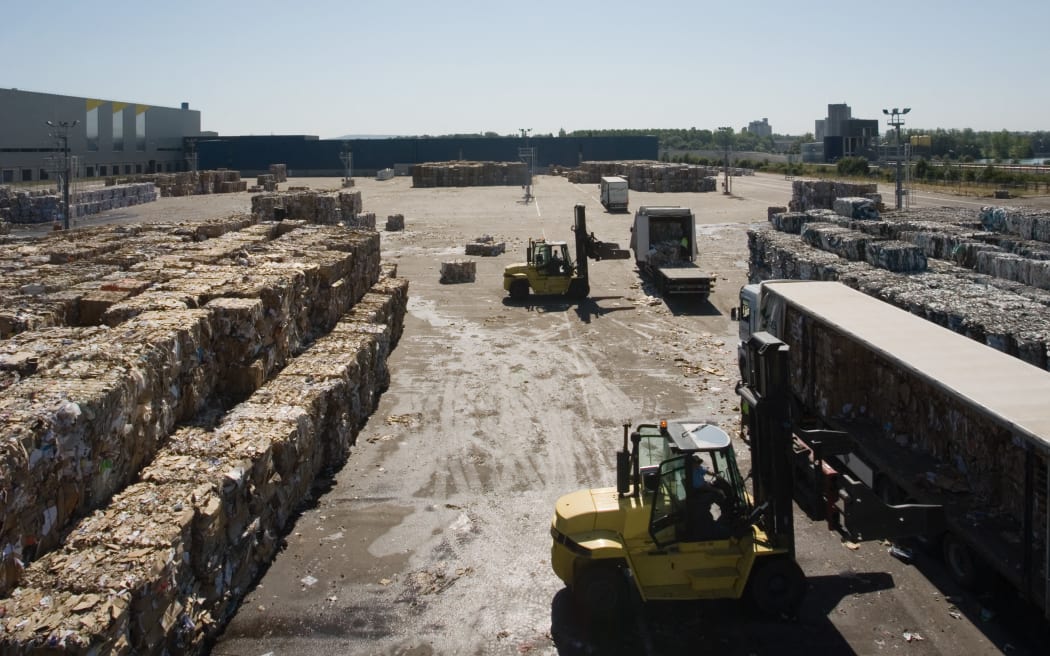The energy crisis is taking a toll on New Zealand’s workforce, with hundreds of workers facing job losses as pulp and paper mills across the country announce closures or temporary shutdowns. The escalating costs of wholesale electricity, which have surged from an average of $100 per megawatt-hour in September 2021 to around $700 recently, are primarily to blame.
Plant Closures and Worker Uncertainty
At Oji Fibre Solutions in Penrose, 75 employees were met with grim news upon returning from a maintenance shutdown. Maurice Upton, a shift electrician and E Tū union delegate, shared that workers were shocked to learn that the plant might shut down due to the unsustainable cost of operations. Although rumors about the site’s future had circulated, the official proposal to close the plant by December left employees in uncertainty about their jobs.
Oji’s chief executive, Dr. Jon Ryder, confirmed that rising electricity costs, among other issues, are forcing the company to consider shutting down operations.
Energy Prices and Economic Impact
Margaret Cooney, CFO of Octopus Energy, emphasized that the current crisis highlights deep-rooted issues within the energy sector, including a lack of investment in alternative forms of power generation. She warned that while businesses are currently feeling the brunt of spot pricing, residential customers will soon see a significant increase in their energy bills, with predictions ranging from 25% to 40%.
Near Napier, Pan Pac Forest Products has suspended pulp production, a move echoed by Winstone Pulp International’s plants in Ruapehu. Tony Clifford, managing director at Pan Pac, explained that the energy-intensive nature of pulping, combined with the inability to pass on higher costs to the supply chain, left the company with no choice but to cease operations.
Clifford also warned of the broader economic impact, highlighting how the shutdown would disrupt supply chains, affect chemical manufacturers, logistics, and port operations, causing a ripple effect across the local economy.
Calls for Regulatory Reform
Cooney called for more robust regulation to foster genuine competition within New Zealand’s energy market. Without significant changes, the country risks further economic fallout as both industrial and residential sectors struggle to cope with rising energy costs.
As the energy crisis deepens, the need for strategic investment in renewable energy and energy storage solutions becomes more urgent. With the current trajectory, the human cost—measured in lost jobs and economic instability—is expected to rise.
Source: radionz.co.nz




